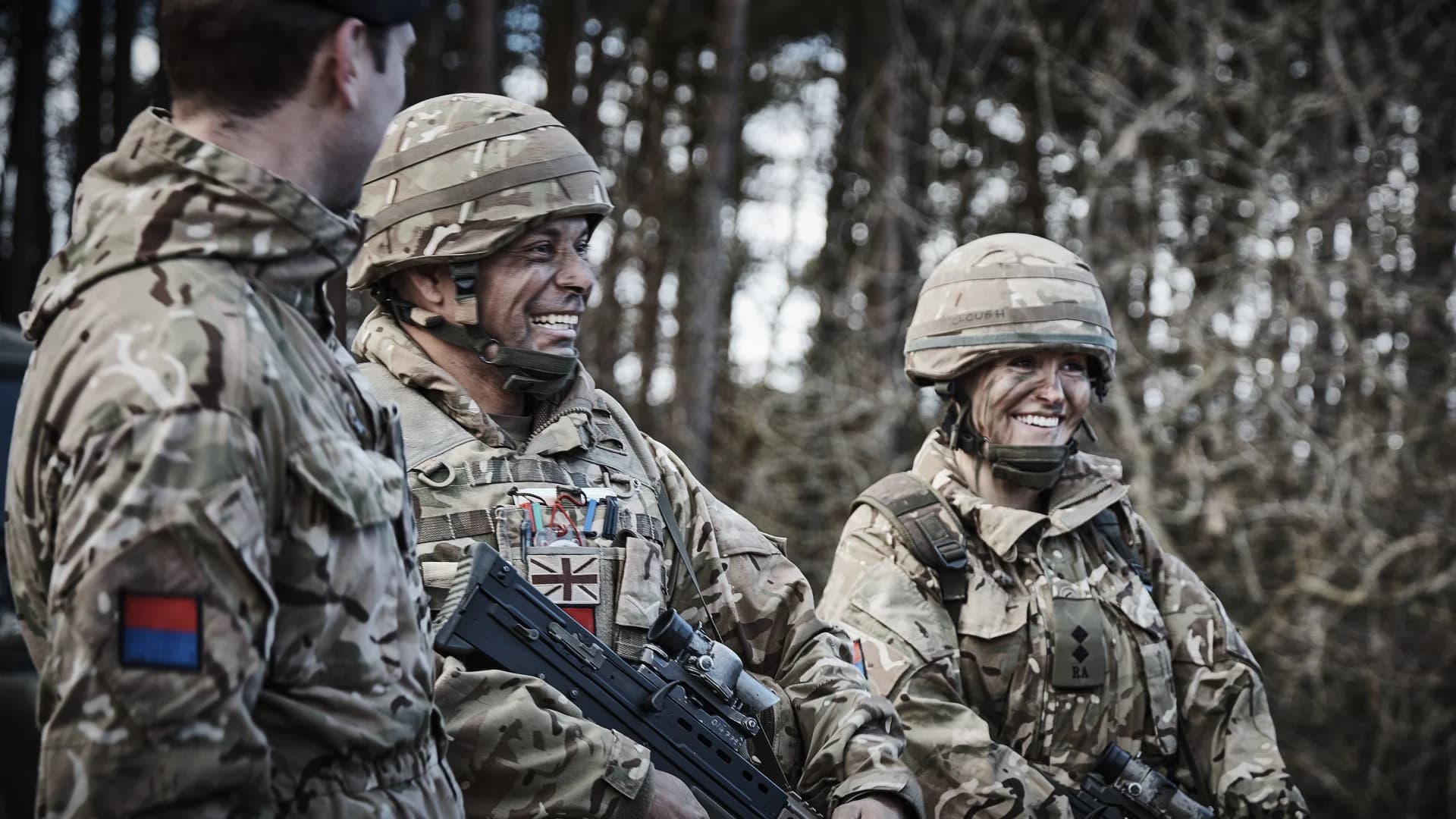
Experience of a medical officer in emergency medicine

Anonymous asked a question to Medical Roles
Category: General
Date asked: Friday, February 26, 2021
Last reviewed: Friday, March 12, 2021

Tori C.
Regimental Medical Officer
Hello,
I forwarded your query to a friend who is an EM trainee, this was their reply;
'My experience is of an Army EM trainee so I can only really talk personally about GDMO and training but I do have some info about consultant life.
First thing to know is that it is a competitive specialty and you have to attend 'pre-selection' with the EM Army bosses before you are allowed to apply. There are usually 2 spaces and competition depends on your year and how many want it. In my year there were 3 applicants to pre-selection but one was a GP trainee and so they favoured the 2 GDMOs applying - realistically this was not bad competition as in some years there can be 5 or 6 applicants for those 2 jobs. Even in years with the same number of applicants as places they still do the pre-selection interview as they want to ensure that the correct people apply - so you need to think early in foundation years and GDMO about commitment to specialty/fulfilling the NHS EM person specification (google it if you haven't already)/showing aptitude and attending courses/conferences etc.
When you get a place on a training programme you are limited by the military in where you can train - this varies year to year but for my year it was Plymouth/SW, Bristol/Severn, Portsmouth/Wessex, Oxford, Birmingham/Stoke and the North East. There are trainees in other places than the above eg Scotland, it just depends on the year you started.
Once you start training you essentially follow the NHS training programme (run-through only, not split core and higher training, in the military) and achieve curriculum competencies as if you were NHS - with the exception of some mandatory military conferences, training days and teaching. You get extra time out of training (14 days on top of the usual 14 days absence for NHS) to achieve this - separate to study leave and annual leave. In higher training you do an extra 6 months of a military module which involves courses to get you ready for military consultancy and deployments, and you go on an exercise or short term overseas deployment.
In the military you can subspecialise in (currently) PHEM or PEM. If you don't want to do either of those there is scope to create a special interest in a range of options.
EM consultants have lots of opportunities to deploy. EM docs are seen as generalists with a wide skill set including paeds. Many of the PHEM consultants will be on high-readiness rotas with brigades that deploy frequently at the drop of a hat. Consultant jobs are available either in military trauma centres or in trauma centres with an arrangement with the military, so again this varies year on year depending on where there is space, where you trained and where agreements are arranged.
I hope this is helpful!'
Friday, March 12, 2021
This discussion is closed, so no new comments can be added.